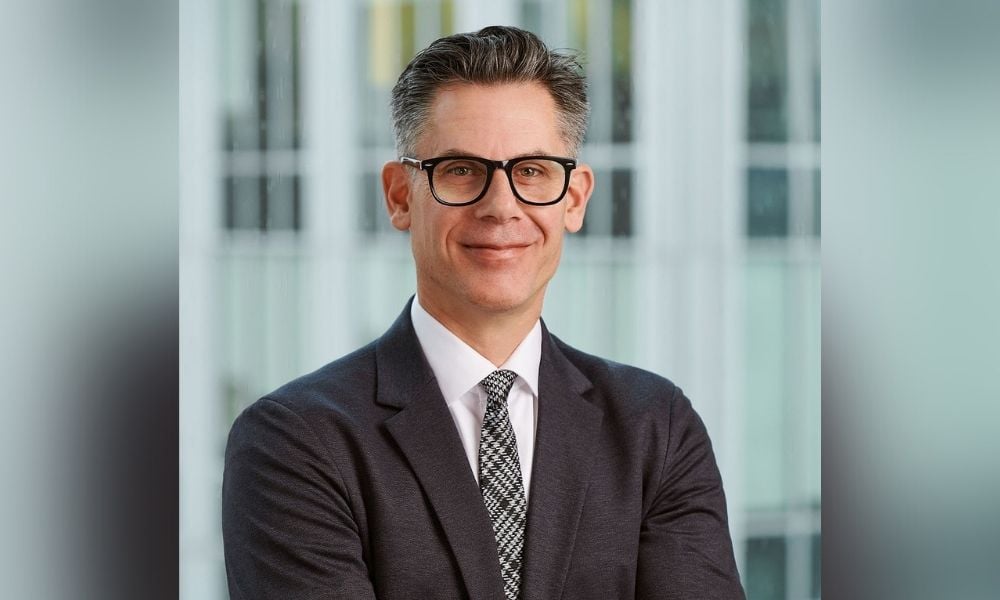Advisors urged to be a voice of reason for clients who could lose money because of FOMO-driven rush to join the crowd

For those climbing on the cryptocurrency band-wagon, Don Stuart, Executive Vice-president of Dixon Mitchell Investment Counsel in Vancouver has a warning: cryptocurrency is speculation, not investment.
He’s urging advisors to be the voice of reason for clients who are confusing them in the rush to join the speculative crowd.
“There’s nothing wrong with speculating. The trouble is people think they’ve got an investment – like Ethereum – but you’re buying it because it might go up in price. There’s nothing fundamental underpinning it,” Stuart told Wealth Professional after commenting in the DM Monthly Report, adding this reminded him of the dot-com stocks in 2000 and real estate in 2007.
“I think where people get into trouble is suddenly, instead of having 90% investments and 10% speculation, ther portfolio gets flipped around – and they don’t even realize they’re speculating with a good portion of it.”
Stuart defined an investment as something that has the hope of producing cash flow – which even rules out gold. He also cautioned advisors not to get caught by the idea that it’s too painful not to own crypto – Nortel’s run before it crashed.
“If you’re going to do this, you have to be willing to take on the risk of going to zero because the benchmark pain of not owning it is too great,” he said. “I see even institutions have started dabbling in crypto and stepping outside their normal stated philosophy because it’s too painful not to be part of it or it seems like they might be missing out.
“It’s dangerous when people start to confuse speculation and investment. That’s usually when they get into trouble and wind up holding things that become worth nothing,” he said, adding he expects 10,000 of today’s 13,000 cryptocurrencies to be worth nothing in two to three years.
For those who still want to own some, Stuart said, “put a ring fence around it. You have to be willing to say, ‘if I lost all this money, it wouldn’t change my life.’”
“The advisor should be that sober second thought and voice of reason,” he said, ensuring clients don’t destabilize portfolios.
“Our job is to always act in their best interest. So, we don’t own any cryptocurrency. But, even f we had the ability to, would it be in their best interest?” he said. “At the end of the day, if things went wrong and we were standing in front of a panel, I don’t think I could say it was ultimately in their best interest to satisfy their desire to not have FOMO (fear of missing out).”



